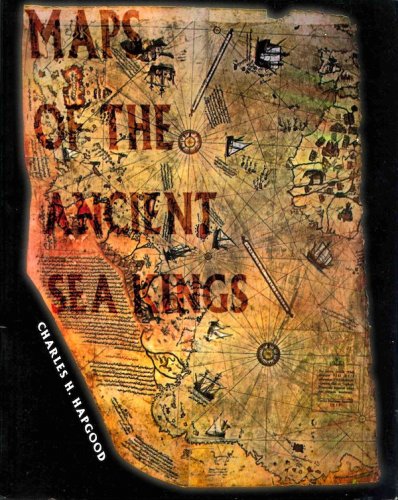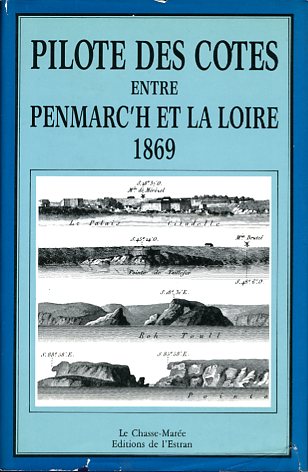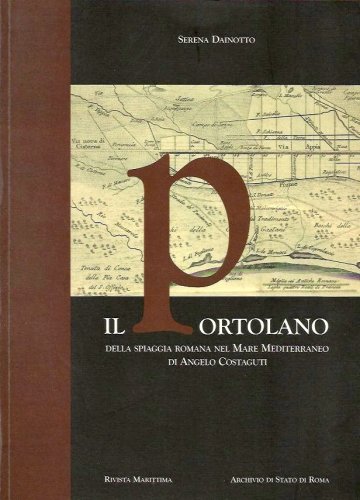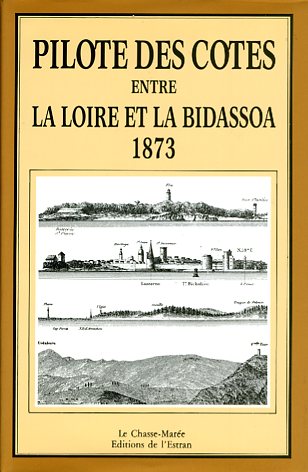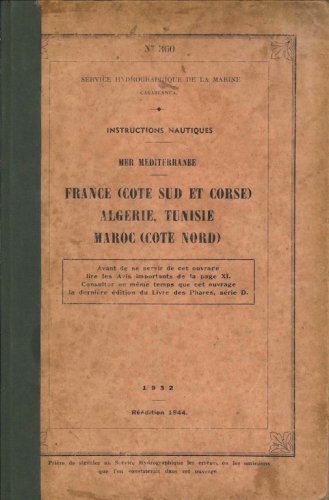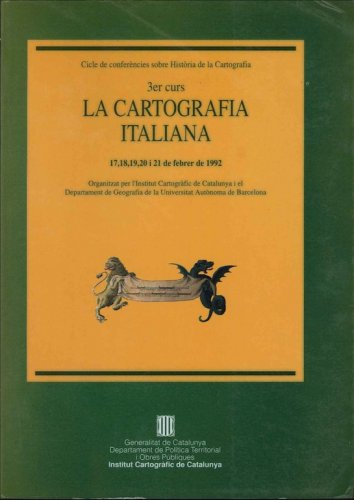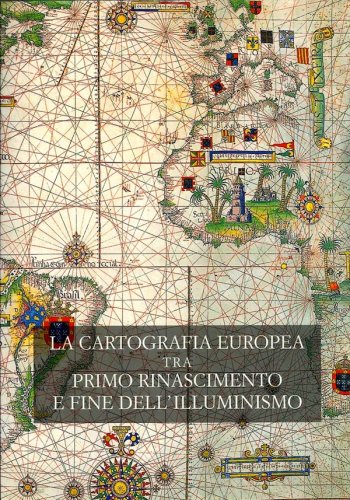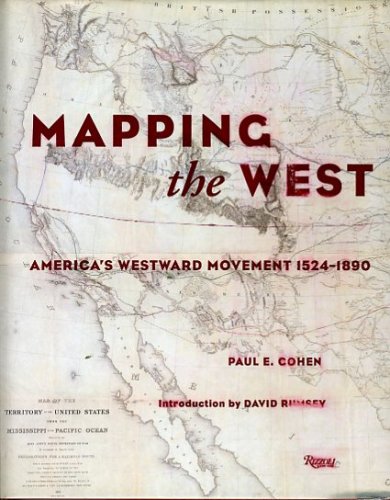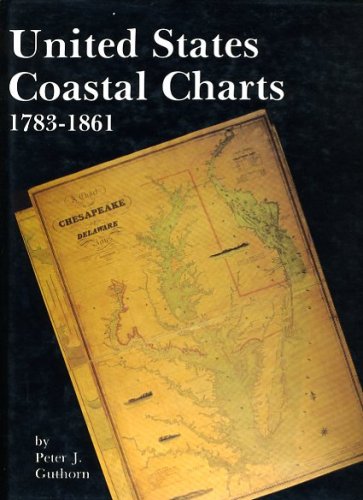Maps of the ancient sea kings
evidence of advanced civilization in the Ice Age
Maps of the ancient sea kings
evidence of advanced civilization in the Ice Age
- Disponibile in 7 giorni
- Possibilità di reso entro 10 giorni lavorativi
- Transazione sicura con carta di credito, Paypal o bonifico bancario
- Spedizione tracciata con SDA
Some scholars have long claimed that a world civilization existed thousands of years ago - long before Egypt. They have even claimed that this lost civilization was almost as advanced as ours today. In this book, Professor Charles H. Hapgood has produced the first concrete evidence of the existence of such a civilization. He has found the evidence in many beautiful maps long known to scholars, the so-called Portolano charts of the Middle Ages, and in other maps until now thought to have originated around the time of Columbus. Working with his students over a period of seven years, Hapgood has discovered evidence that many of these maps must have originated in a civilization in some ways much more advanced scientifically than Europe in the 16th Century, or than the ancient civilizations of Greece, Egypt, and Babylonia. Not only were these unknown people more advanced in mapmaking than any people prior to the 18th Century, it appears that they mapped all the continents. The Americas were mapped thousands of years before Columbus. Antarctica was mapped when its coasts were still free of ice. There is evidence that these people must have lived when the ice age had not yet ended in the Northern Hemisphere and when Alaska was still connected with Siberia by the Pleistocene, ice age 'land bridge.' In this book, Hapgood has not merely modified our ideas about ancient history, but his work will necessitate a widespread revolution in our concepts about the whole history of man, the history of his science, and the evolution of human culture. Hapgood shows that man's evolution from brute to citizen of the world spans a longer time than we have ever supposed.

